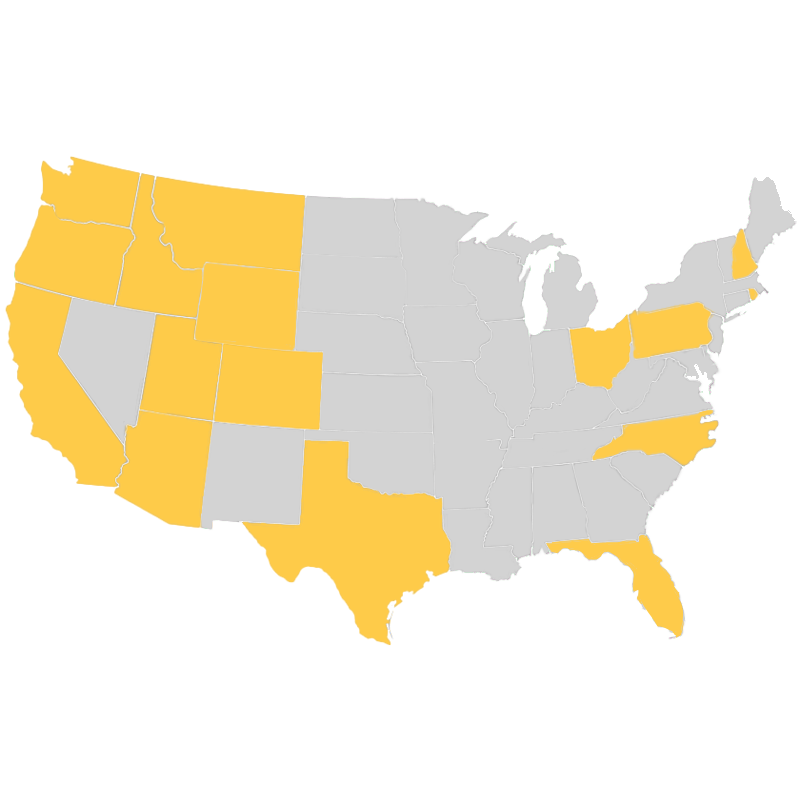A Technology Business Insurance Guide for Spokane, WA
- Legal defense costs
- Settlements or judgments from lawsuits
- Medical expenses for injuries on your property
- Legal defense costs
- Settlements or judgments for errors or omissions
- Claims related to failure to perform as promised
- Costs of notifying affected individuals
- Legal fees related to data breaches
- Costs of restoring data and systems
- Business interruption losses due to cyberattacks
- Damage from fire, theft, or vandalism
- Repair or replacement of damaged equipment
- Loss of business property due to covered events
- Lost income during the interruption period
- Ongoing operational expenses
- Costs associated with relocating or rebuilding
- Medical expenses for work-related injuries
- Disability benefits for injured employees
- Compensation for lost wages
- Legal defense costs for directors and officers
- Settlements or judgments from lawsuits
- Coverage for wrongful acts and omissions
- Legal defense costs for employment-related claims
- Settlements or judgments from employment disputes
- Coverage for wrongful termination and discrimination claims
- Legal defense costs for product-related claims
- Settlements or judgments from product liability lawsuits
- Coverage for defects or malfunctions
- Notification costs for affected individuals
- Credit monitoring and identity theft protection
- Public relations expenses to manage reputational damage
Conclusion
Your Technology Business Insurance Experts
Frequently Asked Questions About Technology Business Insurance in Spokane
- Errors and Omissions Insurance (E&O): Covers claims related to mistakes or omissions in your technology services or products.
- Cyber Liability Insurance: Protects against data breaches, hacking incidents, and other cyber-related risks.
- General Liability Insurance: Covers claims of bodily injury, property damage, and personal injury that occur as a result of your business operations.
- Professional Liability Insurance: Provides coverage for allegations of negligence or failure to perform professional duties.
- Business Interruption Insurance: Helps cover lost income if your business is temporarily unable to operate due to a covered event.
- Property Insurance: Protects physical assets like office equipment and technology hardware.
- Research Local Agents: Look for insurance agents or brokers who specialize in technology business insurance and are familiar with the Spokane market.
- Check Reviews and Ratings: Read reviews and ratings from other technology businesses to gauge the reputation and reliability of potential providers.
- Evaluate Expertise: Choose a provider with experience in insuring technology companies and who understands the unique risks your business faces.
- Size and Type of Business: Larger businesses or those with complex operations may face higher premiums.
- Coverage Needs: The more comprehensive the coverage, the higher the cost. Customizing your policy with specific coverages will impact the premium.
- Risk Profile: Businesses with a higher risk of cyber incidents or errors may have higher insurance costs.
- Claims History: A history of frequent claims may lead to higher premiums.
- Deductibles and Limits: Higher deductibles or lower coverage limits can reduce premiums, but may also impact the amount of protection you receive.
- Specific Risks: Identify the unique risks associated with your technology business and ensure your policy covers these adequately.
- Coverage Limits: Make sure the policy limits are sufficient to cover potential losses and liabilities specific to your business.
- Policy Exclusions: Review exclusions to understand what is not covered by the insurance and assess if additional coverage is needed.
- Cost vs. Coverage: Balance the cost of insurance with the level of coverage to ensure you’re getting the protection you need without overpaying.
- Provider Reputation: Choose an insurer with a strong reputation for customer service and claims handling to ensure you receive support when needed.
- Compliance Requirements: Ensure that the insurance meets any regulatory or contractual requirements specific to your industry or clients.












